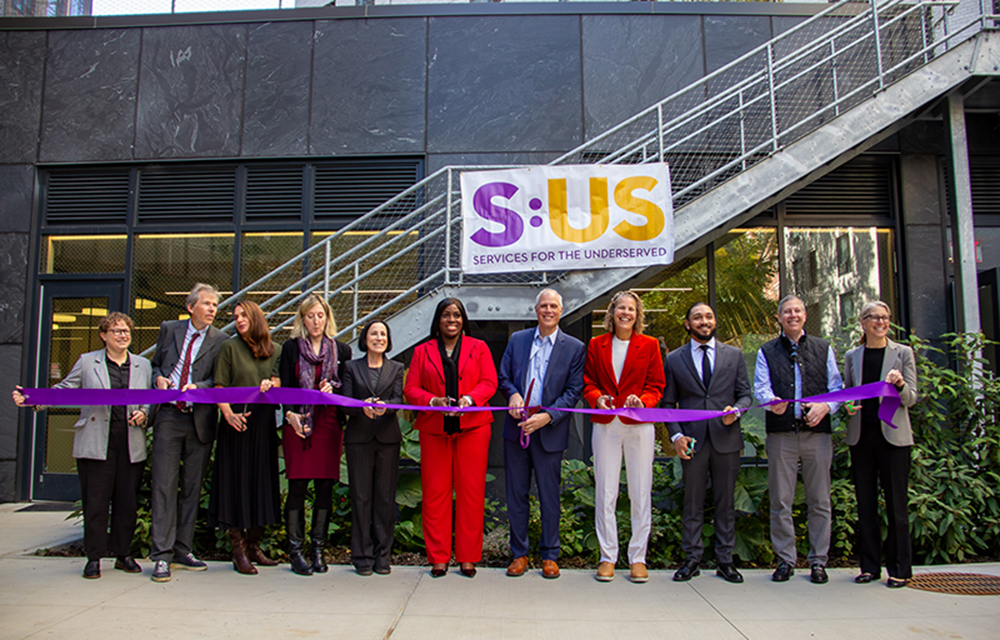News:
Construction Design & Engineering
Posted: September 12, 2011
A contractor expeditor to coordinate and obtain contractor signoffs for TCO has become necessary
Nothing is more frustrating to an owner, CM, or GC during the TCO process than to diligently pursue the TCO process over a 6 month period of time, through the coordination of the contractor signoff, TR-1 compilation, and other administrative items, than to be held up at the last minute by the bevy of licensed contractor signoffs that have to be in place for a TCO to be obtained.
The mechanical signoffs of plumbing, sprinkler, boiler, fire alarm, and standpipe are licensed contractor responsibilities that include a web of complex paperwork and departmental inspections and signoffs that can torpedo the best efforts of planning and coordination.
These signoffs that require inspection and objection resolution by additional departmental inspection are getting tougher and tougher to schedule (boiler in particular) in addition to the actual signoff being hampered and exacerbated by the paperwork complexities that abound.
The "matrix" type certifications that are required by the OP-98 process of sprinkler, plumbing, and standpipe require a tracking and accounting component to ensure roughing inspections, tests, and final inspections are conducted and tracked by floor or phase of the construction.
The schedule "B" update and "as built" approval process if not monitored can result in last minute delays that can thwart a contractor's best efforts.
Cumbersome boiler paperwork which results in multiple filings for burners, fuel storage and the boiler itself can result in confusion at inspection time and result in required inspection items to be missed if paperwork is not coordinated to ensure a "complete" paperwork inspection package.
Approved plans must be complete, ensuring that code compliant items such as proper "venting" is provided and any adjacent property issues (windows proximity, etc) have been addressed as well as "new" things such as the hot water heater/boiler schizophrenia which has become a recent issue.
These items heightened with a lack of boiler inspectors can spell disaster at crunch time.
Also, new DOB procedures which will require a fire alarm signoff (no longer can a letter of objection be certified) for a TCO will have far reaching effects on the TCO process. The scheduling of fire department inspections will become even more paramount and follow-up inspections will be required more quickly.
Inevitably, these "licensed" contractor signoff issues require separate tracking and expediting efforts independent of the expeditor normally engaged in the general TCO effort.
This expeditor does not normally recognize the responsibility of contractor signoffs as his. No effort is made to coordinate or drag the contractor to the finish line.
This situation usually requires the GC/CM to retain another consultant whose responsibility extends to all contractor related items of design coordination, paperwork, inspections, and signoff.
It is imperative that this person be engaged early enough in the process to ensure its success.
In addition to the DOT permit and after hour work requirement/compliance during construction, the integration of a contractor expeditor to coordinate and proactively obtain the contractor signoffs for TCO has become a necessary evil.
Jane Webster is VP of compliance and Matt Caruso is executive VP of operations for Domani Consulting, Valley Stream, N.Y.
MORE FROM Construction Design & Engineering
Troutbrook expands with boutique condo project and Marriott Fairfield Inn & Suites renovation
Brooklyn, NY For more than 25 years, Troutbrook/Freud Development has remained focused on executing design-driven projects across the city. Its latest ventures reflect both a continued push into boutique residential development and an expansion

Quick Hits







.gif)
.jpg)

.gif)